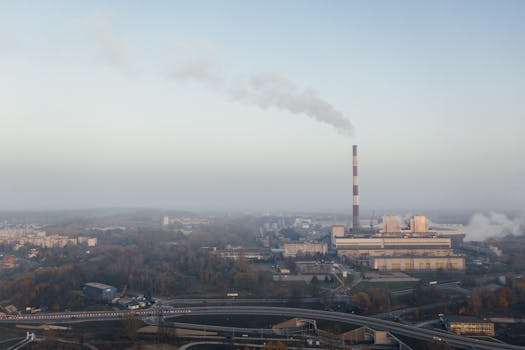
Climate Change and Global Ecosystems
The impact of climate change on global ecosystems is a pressing concern that affects us all. Rising temperatures, more frequent extreme weather events, and altered ecosystems are just a few of the many consequences of climate change. In this article, we will explore the effects of climate change on global ecosystems and what we can do to mitigate them.
What is Climate Change?
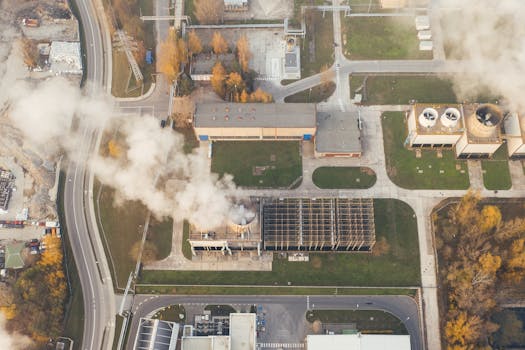
Climate change refers to the long-term warming of the planet, which is primarily caused by the increasing levels of greenhouse gases in the Earth’s atmosphere. These gases, such as carbon dioxide and methane, trap heat from the sun and prevent it from being released back into space. This leads to a rise in global temperatures, which in turn has a profound impact on global ecosystems.
Effects of Climate Change on Global Ecosystems
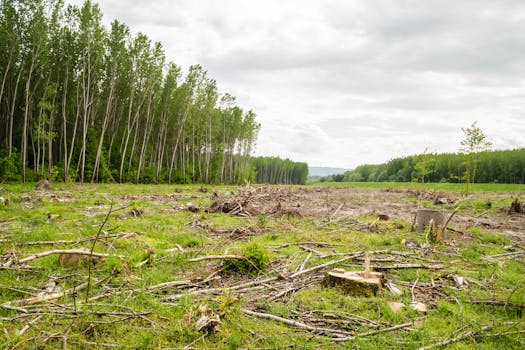
The effects of climate change on global ecosystems are far-reaching and varied. Some of the most significant impacts include:
- Rising Sea Levels: As the planet warms, the polar ice caps melt, causing sea levels to rise. This leads to coastal erosion, flooding, and saltwater intrusion into freshwater sources.
- Extreme Weather Events: Climate change is leading to more frequent and intense heatwaves, droughts, and storms. These events can have devastating impacts on ecosystems and human communities.
- Changes in Precipitation Patterns: Climate change is altering the patterns of precipitation around the world, leading to droughts in some areas and floods in others.
- Loss of Biodiversity: Climate change is leading to the loss of biodiversity as species are forced to adapt to changing environmental conditions. This can have cascading effects on ecosystems and the services they provide.
Consequences of Climate Change for Human Societies
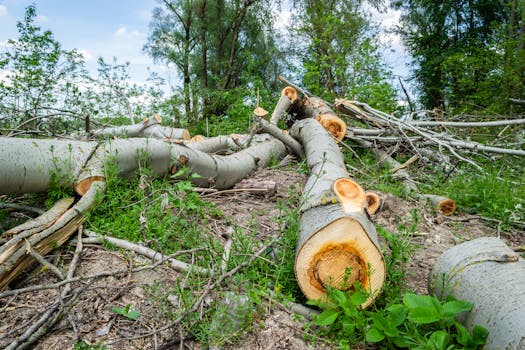
The consequences of climate change for human societies are widespread and significant. Some of the most notable impacts include:
- Food and Water Scarcity: Climate change is affecting agricultural productivity and water availability, leading to food and water scarcity in some areas.
- Human Migration and Conflict: Climate change is leading to human migration and conflict as people are forced to leave their homes due to rising sea levels, more frequent natural disasters, and decreased resources.
- Economic Impacts: Climate change is having significant economic impacts, from damage to infrastructure to losses in industries such as agriculture and tourism.
Mitigating the Effects of Climate Change
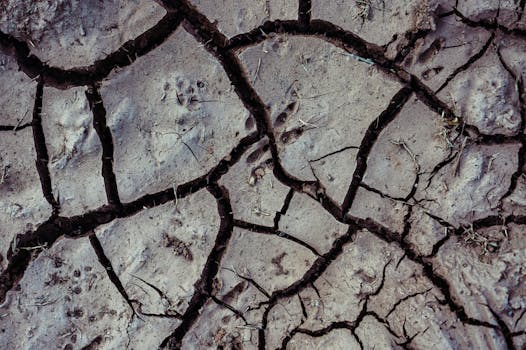
While the impacts of climate change are significant, there are steps that can be taken to mitigate them. Some of the most effective strategies include:
- Reducing Greenhouse Gas Emissions: One of the most effective ways to mitigate the effects of climate change is to reduce greenhouse gas emissions. This can be achieved through the use of renewable energy sources, increased energy efficiency, and the development of carbon capture and storage technologies.
- Protecting and Restoring Natural Ecosystems: Natural ecosystems, such as forests and wetlands, play a critical role in regulating the climate. Protecting and restoring these ecosystems can help to mitigate the effects of climate change.
- Developing Climate-Resilient Infrastructure: Climate-resilient infrastructure can help to protect human communities from the impacts of climate change. This includes the development of sea walls, levees, and green roofs.
Conclusion
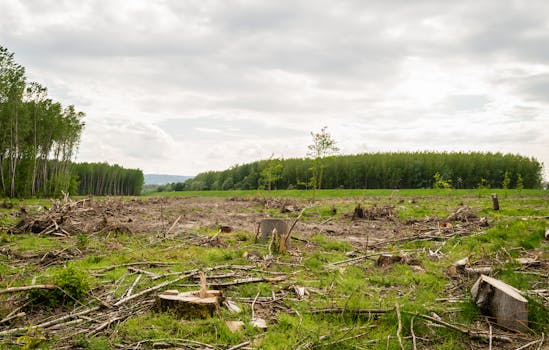
In conclusion, the impact of climate change on global ecosystems is a pressing concern that affects us all. Rising temperatures, more frequent extreme weather events, and altered ecosystems are just a few of the many consequences of climate change. However, by reducing greenhouse gas emissions, protecting and restoring natural ecosystems, and developing climate-resilient infrastructure, we can mitigate the effects of climate change and create a more sustainable future for all.






